Fraud Alert - Beware of Fraudulent CPR Courses in Oakland
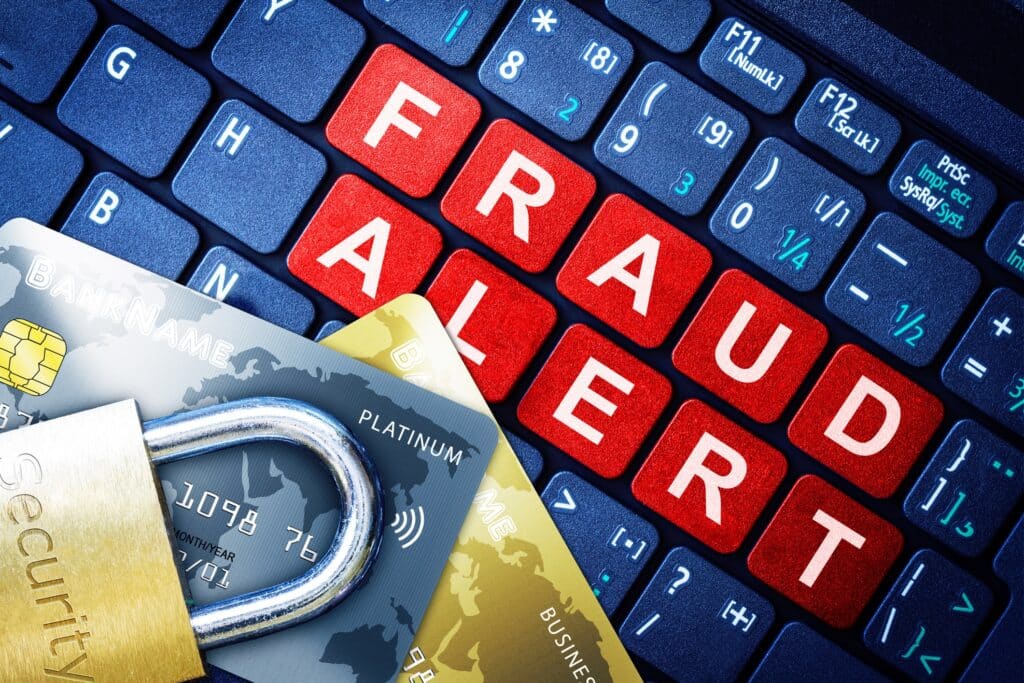
How Do I Know If A Class Is Fraudulent?
Over the past few years, instances of fake AHA training courses have increased across California and the United States. These fraudulent classes not only waste your time and money but could also put lives at risk by offering inadequate or false certification.
If you suspect a course you’ve taken or plan to take is fraudulent, it’s your responsibility to report it to the American Heart Association. By doing so, you help protect others and maintain the integrity of life-saving training.
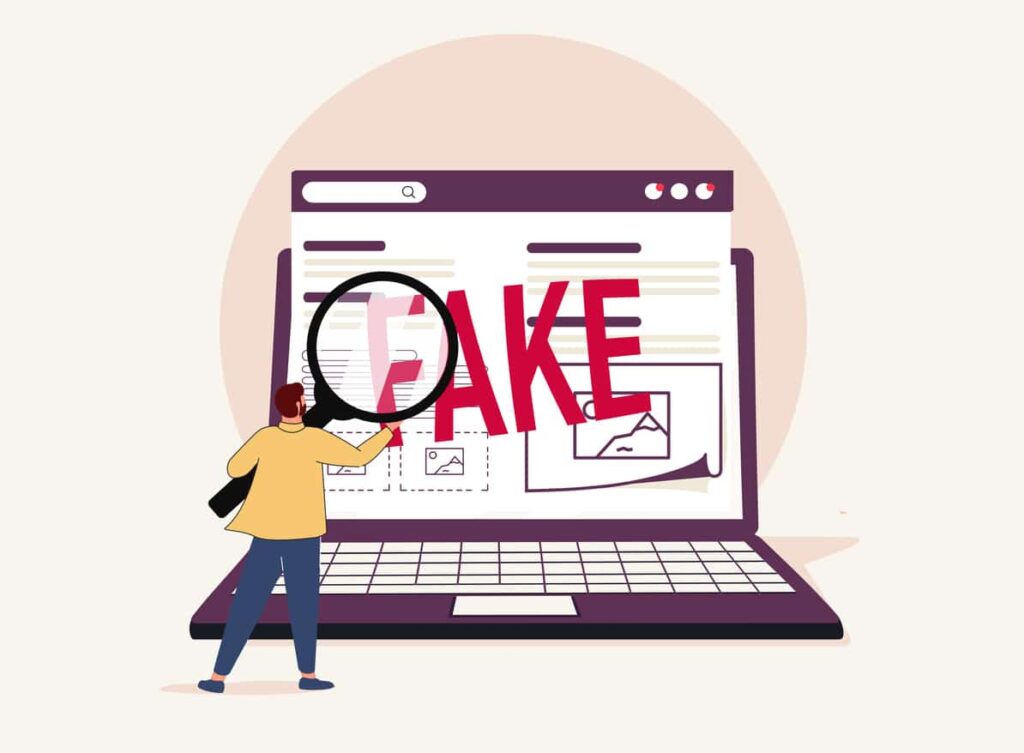
Summation of CPR Scams
- They run classes fraudulently using questionable methods.
- Either they don’t have a website or it looks suspicious.
- No physical address or phone number to reach them.
- Missing the American Heart Association (AHA) logo on their site likely means they’re not affiliated with the AHA.
- They issue certification cards but don’t require practice on manikins.
- They skip requiring books for instructor-led sessions.
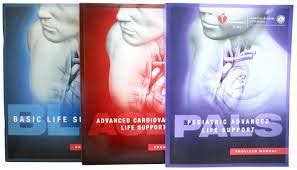
Stacking - Teaching Classes Same Time
It’s not possible for a company to teach multiple classes, like BLS, ACLS, and PALS, at the same time. Each course has unique content, including different videos, that can’t be combined into one session. If you come across a business claiming they offer all these courses at the same starting time, it’s likely not compliant with proper teaching practices.
What to Do:
If you notice this happening, reach out to the American Heart Association for clarification or to report it. You can contact them at [email protected].

Online Only CPR Companies
The American Heart Association (AHA) does not certify or endorse training courses created by other organizations. If you come across claims that a product or course is “AHA Certified,” “AHA Approved,” “AHA Compliant,” or “created by AHA certified instructors,” they are false. These are often fake websites offering fraudulent certifications. Legitimate certification cards are only issued by authorized AHA training centers.
For all online CPR courses, remember this:
- You must complete the course through the American Heart Association’s official platform.
- Skills testing must be conducted by a certified instructor or using a Voice-Assisted Manikin (VAM).

Cash or Venmo Accepted Only
Be cautious of CPR training companies that only accept Venmo, cash, or PayPal. Many of these businesses operate this way to avoid paying taxes and may shut down suddenly without warning.
Paying in cash can leave you vulnerable if something goes wrong. For example, if you’re scammed or never receive your certification card, you’ll have no option to recover your money.
Instead, always opt to pay with a credit card. It offers an added layer of protection, allowing you to dispute charges if you don’t receive the service you paid for.

Zoom Courses
Acceptable Courses Over Zoom
Take the official BLS Online HeartCode or Heartsaver Online CPR and First Aid course. After completing the online module, schedule a skills test with an American Heart Association Instructor via Zoom at an authorized location equipped with CPR manikins.
Unacceptable Courses Over Zoom
A Zoom meeting where the instructor oversees your skills without the proper equipment (e.g., CPR manikins and AED).
ACLS or PALS skills testing conducted over Zoom is strictly prohibited.
What to Do:
For any questions or clarification, email the American Heart Association at [email protected].

Written Test Only
Some CPR companies send students online tests from eLearning.heart.org and then email fake American Heart Association certification cards. If this happens to you, you’ve been scammed. Remember, a valid AHA course includes hands-on practice with CPR manikins.
What to Do:
Report the issue by emailing the American Heart Association at [email protected].
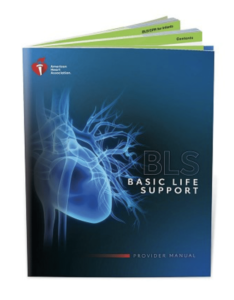
Book Policy
If you’re taking an instructor-led course, the American Heart Association requires you to have the course book or eBook before, during, and after the class. This is a mandatory rule.
If the course provider loans or rents the book to you, or doesn’t require you to purchase it, you’re likely taking a fraudulent course.
What to Do:
Report the issue by emailing the American Heart Association at [email protected].
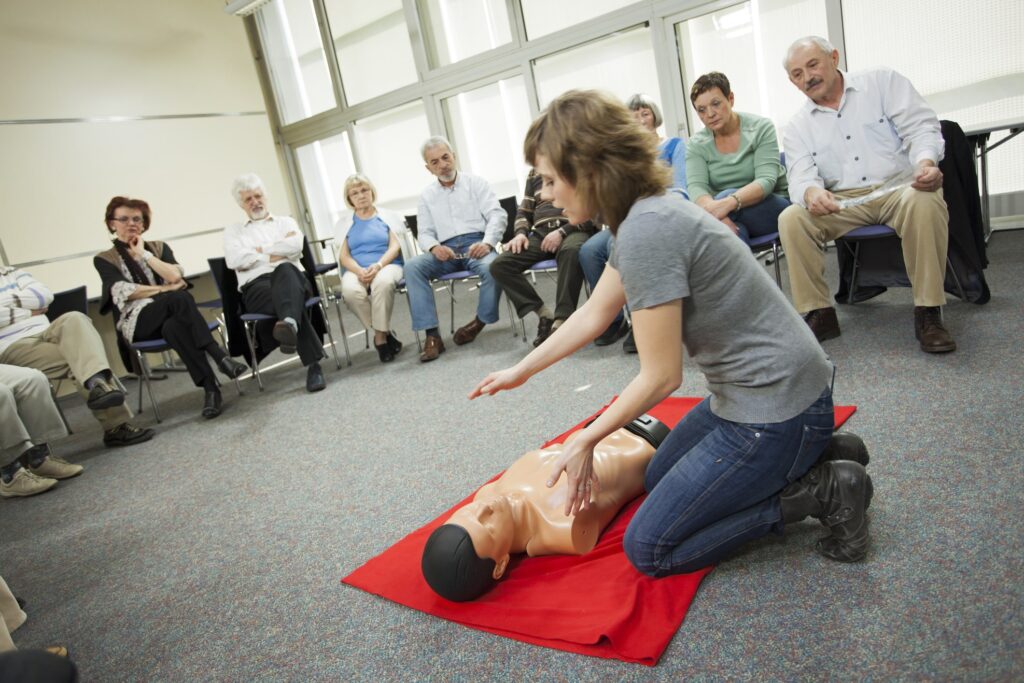
Instructor To Student Ratio
Maintaining the proper instructor-to-student ratio is crucial to ensure effective training and proper monitoring during sessions. Here are the required ratios for American Heart Association (AHA) courses:
BLS: 1 instructor for every 9 students
ACLS: 1 instructor for every 6 students
PALS: 1 instructor for every 6 students
If your training session exceeds these ratios, it’s important to report it to the American Heart Association.
What to Do:
Email the AHA at [email protected] to notify them of the situation.
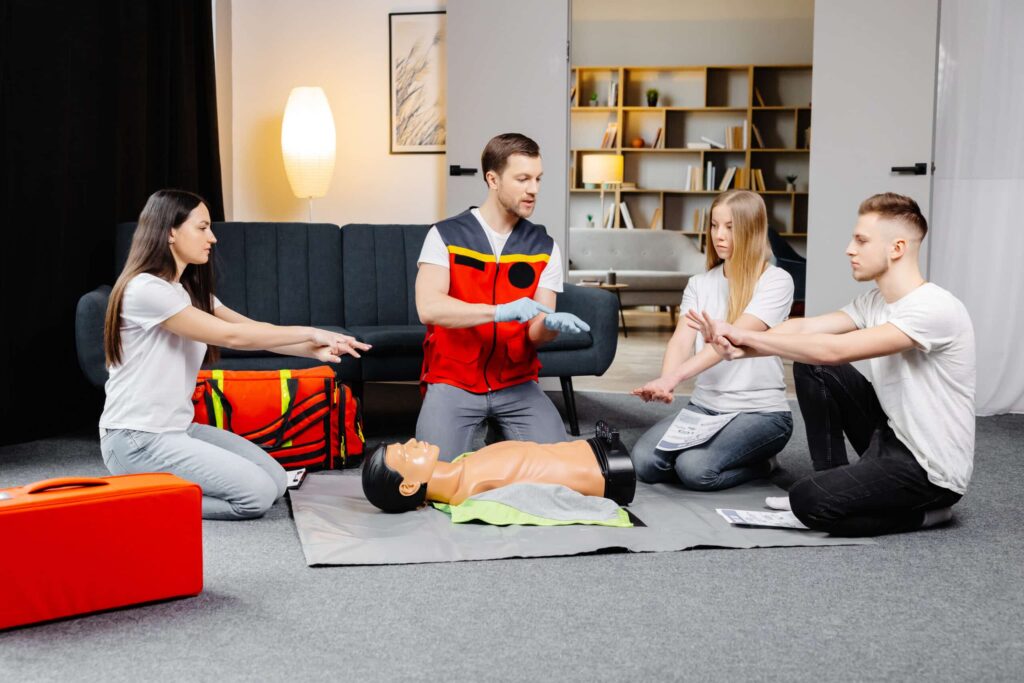
Classes Inside A Person's Home
- Fire and Safety Hazards
- Insurance Issues
- Unprofessional Environment
- Personal Safety Risks

Course Length For Instructor Led Training
Some CPR companies in California shorten courses to cut costs. This practice applies whether the training includes small groups or one-on-one instruction. Often, start times are listed for these courses, but end times are not. If your course duration doesn’t meet the following standards, it might not be authentic and could be considered fraudulent.
BLS: 3–4 hours
ACLS: 4–6 hours
PALS: 4–6 hours
What to Do:
If you suspect your course didn’t meet these requirements, email the American Heart Association at [email protected] to report the issue.
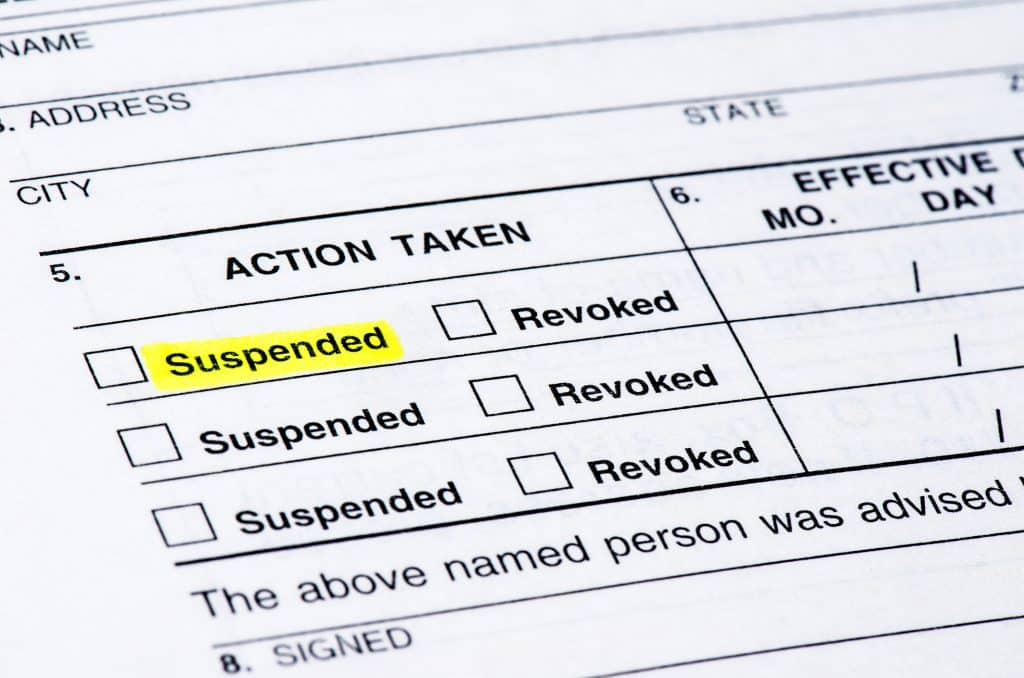
Revoking Your Certification Card
If you take a non-compliant course, your certification card could be revoked. Since it’s an eCard, your employer or school may be notified, revealing that you attended a course that didn’t meet compliance standards. This could harm your reputation and trustworthiness in their eyes.
For instructors offering publicly held courses at a facility or school, the stakes are even higher. If a course is found to be non-compliant, the cards issued over the last three months could also be invalidated. Imagine the administrative nightmare of issuing refunds and the hit your reputation could take.
To complicate matters, if CE credits were issued—such as those from a dental board—it would add further compliance challenges, making the situation even more problematic.

Nurses And Professional Conduct
Nurses, dentists, and other medical professionals in California must adhere to a strict code of ethics. Taking a CPR course that doesn’t meet proper guidelines can lead to consequences like retaking the course or, in more severe cases, facing disciplinary action. Additionally, some schools and medical facilities may reject certifications issued by untrustworthy CPR training providers.
If you’re an administrator, it’s your responsibility to ensure your staff attends training at a reputable American Heart Association Training Center. Choosing the wrong provider could put your organization at risk—not only in terms of compliance but also its reputation, as no one wants to see their facility featured in a negative news story (example below).

Fraudulent CPR Training In The News
Resuscitation Quality Improvement by the American Heart Association
To ensure you’re taking a valid American Heart Association (AHA) course, enroll in their official BLS CPR, ACLS, or PALS HeartCode courses. These programs include an online HeartCode course followed by a hands-on skills test using a Voice-Assisted Manikin (VAM) or a virtual instructor. Upon completion, students receive an AHA certification card, valid for two years.
Safety Training Seminars offers these AHA-approved courses in over 65 locations across Northern California. Our AHA license number is #20784. Since 1989, we’ve been trusted by leading medical and healthcare organizations in California. Join the 60,000+ students who choose Safety Training Seminars each year—and come back for reliable training, year after year.

